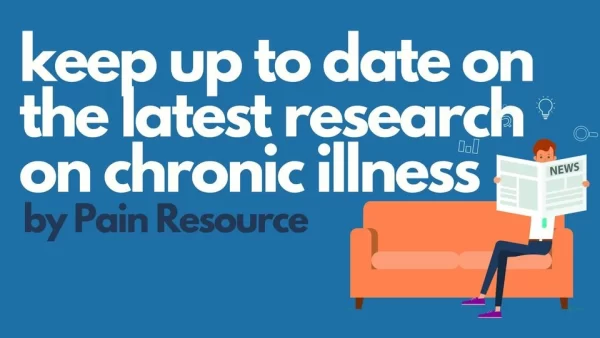Postpartum depression (PPD) is more common than you may think. According to the Centers for Disease Control and Prevention (CDC), 1 in 9 women experience depression before, during, or after pregnancy— and those are only the reported cases.
A very large number of women will experience “baby blues” after pregnancy, which usually resolves within a few days. If symptoms last for weeks or months, you may have PPD.
Postpartum depression can express itself differently with each woman who experiences it. For a list of postpartum depression symptoms to look out for, visit this guide on maternal mental health.
So, you have postpartum depression. What now? Luckily, there are many resources available to help you get through this trying time. The following steps are a great place to start on your journey toward recovery.
1. Make an appointment with your doctor
If you think you may need to see a professional, but you’re not sure who to go, start with your primary care doctor. Your doctor will understand postpartum depression symptoms, and will know who to turn you to. He or she may have pamphlets and other resources available with information on counselors and centers that provide support for people with PPD.
2. Sleep
We know— it’s nearly impossible to get a normal amount of sleep with a new baby. In reality, sleep is essential to mental health, and sleep deprivation alone can trigger or exacerbate symptoms of depression— that’s partly why so many new mothers feel down.
Even if it means giving up on things like a clean house— or a shower— you need to put sleep first. If you are breastfeeding your baby and you have PPD, try expressing milk so that your partner can take over one feeding each night. Get 4-5 hours of uninterrupted sleep, and you’re already on your way to recovery.
3. Exercise
It may be the last thing you feel like doing, but you need to get moving. Exercise is another essential part of mental health, and can help to alleviate postpartum depression symptoms. Movement releases endorphins, and reminds your body to function properly— your metabolism, your hormone levels, and your immune system will all benefit from daily physical activity.
If running is not your thing, there are plenty of instructional exercise videos available to choose from online. You can do a Zumba, aerobics, kickboxing, pilates, or yoga class in the comfort of your living room (it’s also a great way to entertain your baby!).
4. Get out of the house
Aim to be out of the house for at least one hour each day. Go to the mall, go out for coffee, meet a friend for brunch, take a book to the park or take a brisk walk around your neighborhood.
Break out of your headspace by getting out of the house—the place where all of those tear-filled evenings, sleepless nights and negative feelings can build up. Leave your baby with your partner or a family member and go by yourself, and you may begin to feel human again. No one available to watch your baby? Don’t sweat it— she could probably use some fresh air too. The important thing is to get out.
5. Get social support
It’s well established that proper social support helps to prevent PPD. Share your experiences with a close friend or reach out to a support group online. You may be surprised by how many women experienced or are experiencing postpartum depression as well. It’s important to have a listening ear— someone to cry to and vent to who will understand.
6. Ask someone to take over
“I have PPD, but I don’t feel like doing anything about it.”
Depression is debilitating. It can make you feel you are not worthy in investing in.
Sometimes all you need is a little push in the right direction. Ask your partner, a close friend or a relative to take the first steps for you and get the ball rolling on your recovery. Sometimes all it takes is a small gesture—like the ones listed below—to begin to heal.
They can:
- Call your doctor’s office and make an appointment for you
- Sign you up for an online PPD support forum
- Set up a brunch date for you with your closest friends
- Arrange for a babysitter or mother’s helper for one or two hours each day so that you can get out of the house, take a nap, take a shower or read a book
- Book you a manicure, pedicure, massage, or facial—or anything else you like doing that will make you feel like an adult human again
And remember—you will get through this.

 Join our online community by
Join our online community by


